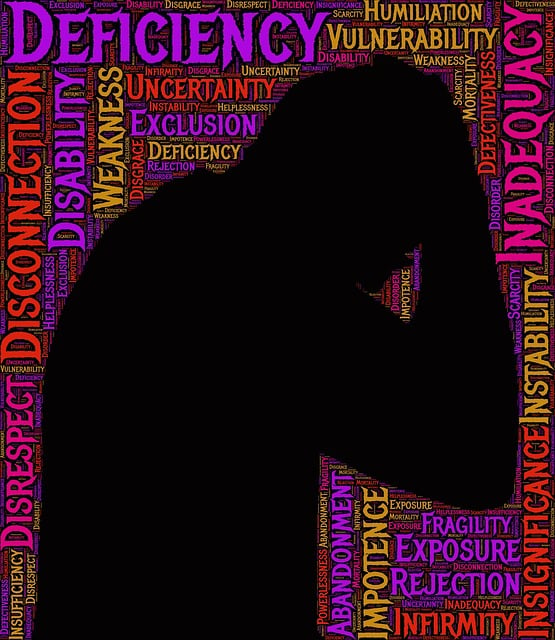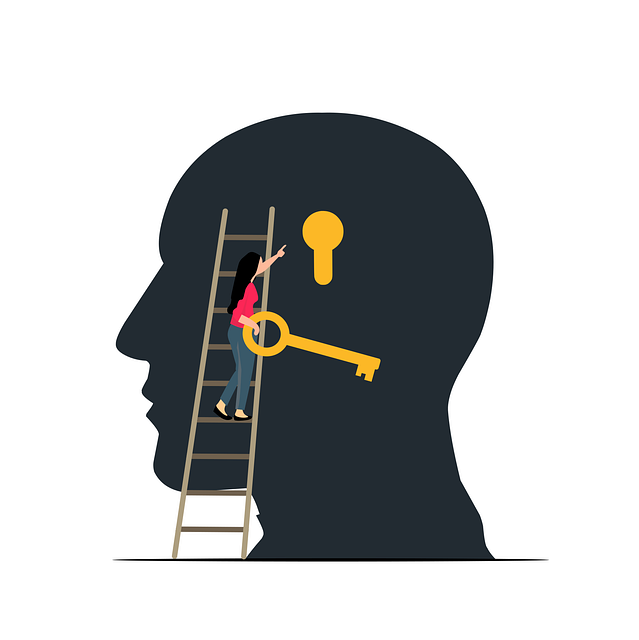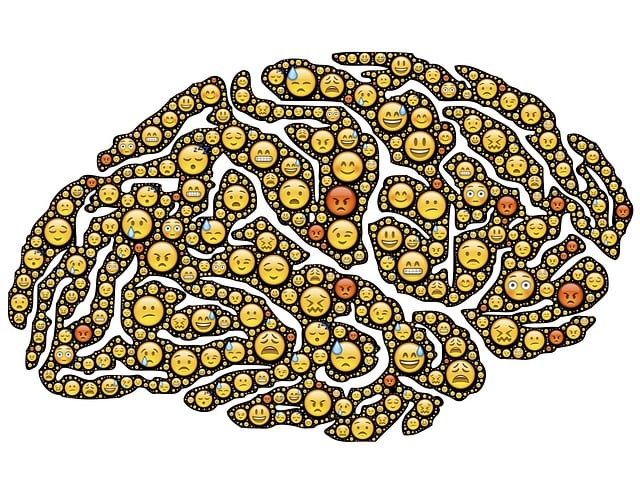Mental wellness, encompassing emotional, psychological, and social health, is vital for navigating life challenges. Organizations can foster it through practices like self-care and stress management workshops, enhancing productivity and satisfaction. Journaling, a powerful tool recognized by Lone Tree Gambling Therapy, facilitates self-reflection and personal growth, boosting emotional intelligence and self-awareness. Incorporating techniques from Lone Tree Gambling Therapy into journaling offers benefits like reframing negative thoughts and cultivating optimism. This approach, combining natural settings and mindfulness, helps individuals connect with their thoughts and emotions, promoting mental wellness through tailored coping strategies, goal setting, and cultural sensitivity in mental healthcare.
Mental wellness journaling is a powerful tool for self-reflection and personal growth. In today’s fast-paced world, taking time to process our thoughts and emotions is crucial. This article guides you through understanding mental wellness and its impact, leveraging the benefits of journaling, creating a therapeutic practice, incorporating Lone Tree Gambling Therapy techniques, tracking progress, and celebrating small wins. By following these steps, you can enhance your mental wellness journey and achieve a deeper sense of well-being.
- Understanding Mental Wellness and Its Impact
- The Power of Journaling for Self-Reflection
- Creating a Therapeutic Journaling Practice
- Incorporating Lone Tree Gambling Therapy Techniques
- Tracking Progress and Celebrating Small Wins
Understanding Mental Wellness and Its Impact

Mental wellness is a vital aspect of overall well-being, encompassing our emotional, psychological, and social health. It affects how we think, feel, and act in various aspects of life, including our relationships, work, and leisure activities. Understanding mental wellness involves recognizing that it’s not merely the absence of mental illness but a state of thriving where individuals can navigate challenges, express their emotions freely, and maintain healthy connections.
The impact of poor mental wellness can be profound, leading to increased stress levels, difficulty in decision-making, and even physical health issues. It may manifest as anxiety, depression, or chronic stress, hindering one’s ability to enjoy life. Lone Tree Gambling Therapy, for instance, offers specialized support for those grappling with gambling-related issues, emphasizing the interconnectedness of mental wellness and behavior. Incorporating self-care practices, conflict resolution techniques, and stress management workshops within an organization can significantly contribute to fostering a healthy environment where individuals prioritize their mental wellness, ultimately enhancing productivity and overall life satisfaction.
The Power of Journaling for Self-Reflection

Journaling is a powerful tool for self-reflection and personal growth, offering individuals a chance to explore their thoughts and emotions in a safe and private space. For those seeking better mental wellness, it can be a game-changer. The simple act of putting pen to paper allows for a deeper connection with oneself, helping to uncover hidden patterns, process traumatic experiences, and enhance emotional intelligence—a key aspect of Lone Tree Gambling Therapy’s approach to trauma support services.
Through regular journaling exercises, individuals can develop a strong sense of self-awareness, enabling them to better understand their triggers, reactions, and overall well-being. This introspective practice fosters self-care practices by encouraging individuals to prioritize their mental health and emotional needs. By providing a space for unfiltered expression, journaling can help process complex emotions, leading to improved coping mechanisms and enhanced resilience.
Creating a Therapeutic Journaling Practice

Creating a therapeutic journaling practice can be a powerful tool for enhancing mental wellness, offering a safe and private space to explore thoughts and emotions. This process allows individuals to develop crucial coping skills and navigate their feelings effectively. By pen and paper, one can untangle complex emotions, gain perspective, and cultivate self-awareness—essential aspects of the journey towards better mental health.
In today’s fast-paced world, where stress and anxiety often thrive, taking time to journal provides a moment of solitude and reflection. This practice encourages individuals to connect with their inner selves, fostering a deeper understanding of their minds. Incorporating Lone Tree Gambling Therapy techniques or Mind Over Matter principles within journaling can further enrich the experience, helping to reframe negative thoughts and cultivate optimism. Moreover, healthcare provider cultural competency training may also inspire creative ways to integrate diverse perspectives into this personal practice, making it truly unique and impactful.
Incorporating Lone Tree Gambling Therapy Techniques

Incorporating Lone Tree Gambling Therapy techniques into your mental wellness journaling practice can significantly enhance emotional well-being promotion strategies. This unique therapeutic approach, grounded in natural settings and mindfulness, offers a refreshing perspective on addressing mental health challenges. By engaging with the outdoors and adopting reflective practices inspired by gambling therapy, individuals can develop a deeper connection with their thoughts and emotions. For instance, solitude walks in nature, mirroring the calm found in Lone Tree environments, foster self-reflection and introspection.
Journaling prompts tailored to incorporate these techniques encourage users to explore their feelings, identify triggers, and develop coping mechanisms. The process involves writing about personal experiences, setting goals, and reflecting on progress, all while embracing the cultural sensitivity inherent in mental healthcare practice. This holistic approach, combining Lone Tree Gambling Therapy with self-care routine development, empowers individuals to take charge of their mental health, fostering resilience and overall well-being.
Tracking Progress and Celebrating Small Wins

Tracking your progress is a vital part of any journey, and mental wellness journaling is no exception. As you reflect on each day, week, or month, you’ll start to notice patterns emerging. This practice allows you to identify areas where you’ve excelled and aspects that may need additional attention. For instance, you might realize that certain coping mechanisms work better for specific challenges, helping you tailor your strategies accordingly. Celebrating small wins is an essential aspect of Lone Tree Gambling Therapy, as it reinforces positive behavior change. Every time you overcome a hurdle or practice self-care, acknowledge it in your journal. This simple act can boost your motivation and encourage you to continue the journey towards better mental wellness, potentially incorporating Social Skills Training or exploring Mental Wellness Coaching Programs Development for additional support.
Emotional Well-being Promotion Techniques often involve setting achievable goals, and journaling is an excellent tool to help you stay on track. By regularly reviewing your progress, you can assess whether you’re moving in the right direction. This self-awareness is powerful; it enables you to make informed decisions about your mental health, ensuring that each day brings you closer to a happier, more balanced state.
Mental wellness journaling can be a powerful tool for self-reflection and personal growth. By combining techniques from Lone Tree Gambling Therapy with structured journaling practices, individuals can navigate their mental health journeys effectively. Through consistent reflection, tracking progress, and celebrating small wins, one can foster resilience and enhance overall well-being. Remember, just like any skill, building a therapeutic journaling routine takes time and dedication, but the benefits are indelible.














